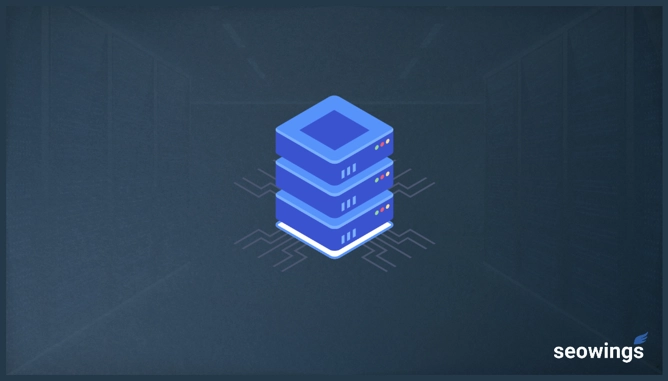
When and Why to Use Static Web Hosting?
Static Hosting has its roots in the early internet days. It is still popular and has gained a lot of momentum in the last 10 years due to the advancements in JAMStack development. Even this website, which you are reading now, is also hosted on a Static Website on Netlify servers.
Static Web hosting is as simple as placing a folder on an online web server, as there is no processing or database query required to fetch and process the data. Static websites have been gaining popularity for the last several years, especially due to the modernization of JAMStack.
Historically, these servers were quite simple and data was simply hosted using FTP or sFTP. With the advent of modern web architectures, more sophisticated static hosting solutions have evolved, while bringing the following benefits to content providers.
Suitable For Static Content
If you have mostly static content, such as text, images, and videos, and can operate it without a database then you should go with a static website. With the help of serverless functions, it is also possible to include limited dynamic website functionalities in a static website.
SEO Beinifits of Static Website?
Static sites have performance boost with lightning fast speed. Also, in general, static sites are full of content pages and hence ideal for ranking against multiple and large amount of keywords.
SEO Performance can be boosted by providing search engines with what they are looking for i.e. speed, content, and responsiveness. These are the common traits of static websites, and hence they get a better SEO boost than their dynamic counterparts.
Why to Choose Static Website Hosting?
Using a static website hosting service is very beneficial. Here are some advantages:
Data Management
Easy to Setup
Static websites are easy to initially set up and can be maintained over a long period without any special technical knowledge about servers, and databases.
Easy to Deploy
Deplyoing a static website is easy as there is no need to set up a database or configure server-side code. This approach is ideal for small businesses to get a website up as quickly as possible.
Easy To Migrate
Migrating a static website from one server to another or a new hosting providers is easy as there is no need to transfer a database or server-side code.
Easy To Updates
Updating a static website is generally easier and faster. You just need to update relevant text, images, or CSS/javascript files. No need to update any data or backend.
Support for Version Controls System
Versions Control systems (SVN, GIT) are very helpful to track changes for all types of files. So, a Version control system can be used to manage the versioned history of the static website.
This version history can be used to roll back to previous versions if necessary. Since version controls support branches so per branch deployment of a static website is also possible.
This type of multi-branch deployment is useful to feature testing or A/B Testing.
Website Performance
As a static website does not employ a database, the material is delivered to the user immediately via static files. Also, the entire page has to be cached to reduces the loading time of the website. Static websites used with Content Delivery Networks (CDNs) provide extra performance boost.
High Uptime
Static websites are light weight and can e served from multiple servers or data centers also known as CDNs. It will increase the availability of the website and reduce the risk of downtime.
High Reliability
Static websites on static hosting are served quickly and efficiently with faster page load times so that you can reliably and confidently deploy a website.
If you have been on the Internet for a while, you have probably encountered problems like “Unable to connect”. This error occurs when you are working with a database and the website loads information from that database.
As long as you have uploaded your content correctly, you won’t see this type of error with static websites.
Higher Security
The data/content is collected at the time of website creation. This process is not public, which make a static website safe from cyber-attacks.
Higher Scalability
Static hosting can handle a large amount of traffic without additional resources and it can be scaled up as the need grow (traffic or content grows).
Financial Aspects
Affordability
For a static website and its hositng a users use fewer software elements and servers, a simple architecture means lower cost.
Backward Compatibility
Static websites offer a great deal of backward and forward compatiblity with less maintinence efforts. Static websites can still be run on older browesers, and devices with less processing powerd.
If you are ocasiaionally browssing content on free software foundation website or linux man pages, then you will notice that they are not using anthing fancy but same old school classic HTML to get the job done.
Social Benefits
Static website hostings use fewer resources. Hence have a smaller carbon footprint and minimum environmental impact.
Usually, all hosting service providers can give free accounts to os and community organizations due to less costs.

Faisal Shahzad
Hi, I am Faisal. I am working in the field of Search Engine Optimization (SEO) and Data Sciences since 2002. I love to hack workflows to make life easy for people around me and myself. This blog contains my random thoughts and notes on Digital Marketing, Affiliate Marketing, Static WordPress Hosting with Netlify and CloudFlare Pages, Python, Data Science and open-source projects.





